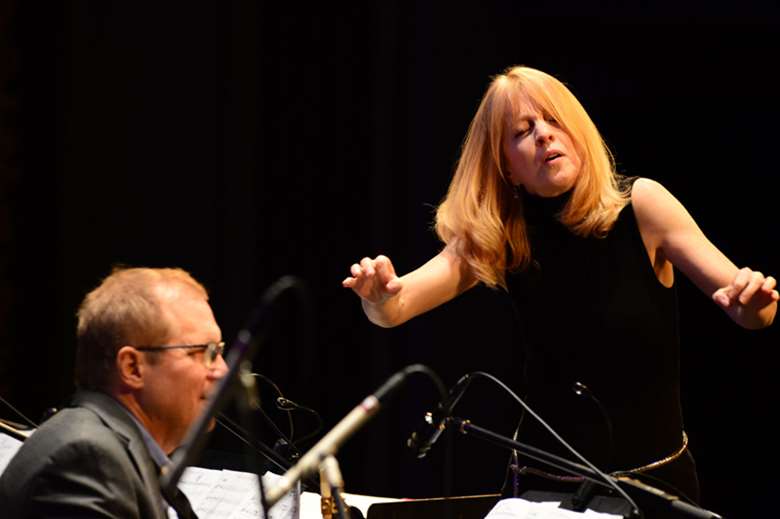Schneider Supreme Among Savannah Fest's Legacy-Leaning Showcases
Monday, April 23, 2018
The middle period of the Savannah Music Festival featured most of its jazz shows, as the stylistic orientation shifted, throughout a 17-day run.


Register now to continue reading

Thank you for visiting Jazzwise.co.uk. Sign up for a free account today to enjoy the following benefits:
- Free access to 3 subscriber-only articles per month
- Unlimited access to our news, live reviews and artist pages
- Free email newsletter